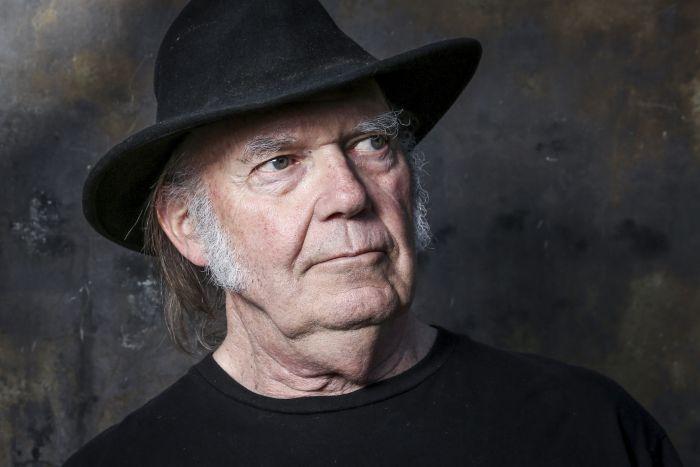Sirius XM has announced its intention to restore a formerly defunct radio station dedicated exclusively to the music of Neil Young, likely in response to the singer’s ongoing battle with the streaming platform Spotify.
Like a phoenix from the ashes, “Neil Young Radio” has been resuscitated by Sirius XM after a limited-time debut last month. The channel features well-known hits by the Canadian musician, as well as heretofore unheard rarities and interviews with the 76-year-old folk-rock star. The new announcement follows after a dispute between Young and the streaming platform Spotify over the latter’s support for “The Joe Rogan Experience” podcast.





